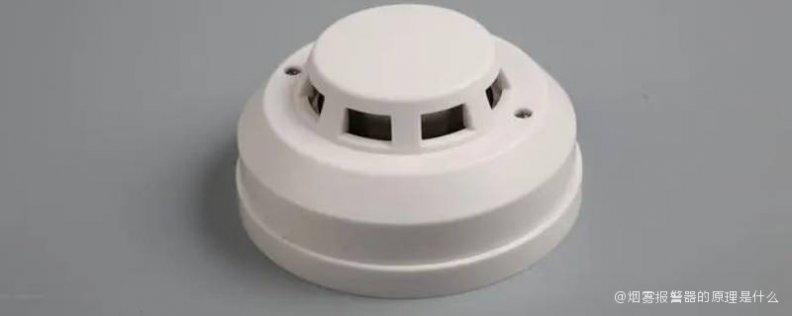烟雾报警器的原理是什么做饭为什么没事,请问
烟雾报警器的原理是什么做饭为什么没事,请问烟雾报警器的原理是什么?
据和记百科网站「暗香疏影」消息,近日,烟雾报警器的原理是什么做饭为什么没事,请问烟雾报警器的原理是什么?引发热议,烟雾报警器的原理是什么做饭为什么没事同样引起许多争议,对此众网友各抒己见。但到底是怎么回事呢?和记百科为您解答。
烟雾报警器的原理是什么

烟雾报警器内部有一个离子室,在室内的时候能够放射电离,产生正负的离子,同时在电场的作用之下能够移动。如果没有发生火灾,相对来说,电离室的电流以及电压都是比较很稳的。但是如果室内有了烟雾,就会干扰到电粒子的正常运行,电流和电压也会有所改变,就会破坏这种平衡,发射器会发出报警的信号,并且会通知接收的主机,所以会将报警的信号传递出去。
烟雾报警器的原理是什么做饭为什么没事
有烟雾感应器也是可以做菜的,只要油烟不是太大,而且做菜的时候还有脱排油烟机哪,不会产生很大烟雾的。
【英文介绍/For English】:
There is an ion chamber inside the smoke alarm, which can emit ionization when it is indoors, generate positive and negative ions, and can move under the action of an electric field. If there is no fire, relatively speaking, the current and voltage of the ionization chamber are relatively stable. However, if there is smoke in the room, it will interfere with the normal operation of the electric particles, and the current and voltage will also change, which will destroy the balance. The transmitter will send an alarm signal and notify the receiving host, so it will Send the alarm signal.
【相关文章】






